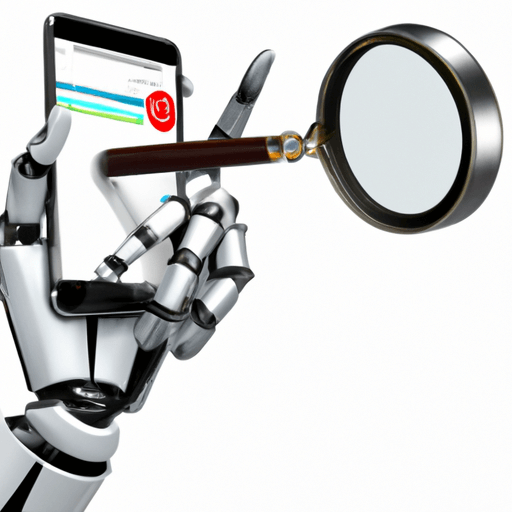The Growing Influence of Artificial Intelligence (AI) on Personal Privacy: An In-depth Examination
In most sectors, including healthcare, education, and marketing, Artificial Intelligence (AI) is being widely implemented. However, this widespread use brings concerns regarding personal privacy. This article endeavors to explore this intricate relationship, its potential implications, measures to overcome the gaps in privacy protection, and future trends in AI regulation.
AI and Personal Data Collection
AI is increasingly employed to gather and analyze immense volumes of personal information. For instance, personal health monitors and smart devices collect health and lifestyle data, AI-driven education platforms track students' learning patterns, and digital marketing platforms collect user browsing habits.
Case Study: Google Ads
One such example is Google Ads that employs sophisticated AI algorithms to analyze user data and display targeted advertisements. While this helps provide personalized user experiences, it poses serious questions on personal privacy infringement.
Implications of AI on Personal Privacy
The main concern is the potential misuse of personal data. Furthermore, repeated data breaches intensify the alarm. Despite offering numerous benefits, AI’s capability to intrude personal life is worryingly remarkable.
Existing Regulations and Guidelines
Many jurisdictions have enacted regulations to guard personal data. Examples include the 'General Data Protection Regulation (GDPR) in the European Union and California’s Consumer Privacy Act (CCPA).
Addressing Gaps
While such regulations are important, most of them are reactive in nature. The need is to adopt a proactive stance in AI regulation to prevent privacy breaches rather than penalizing them post occurrence. Regulatory sandboxes can offer controlled environments for testing novel AI applications before mass rollout.
Case Study: Healthcare Sector and AI
In healthcare, AI, especially in telemedicine and remote patient monitoring, poses privacy concerns. Regulators need to work with technologists to formulate guidelines to ensure privacy without compromising healthcare service quality.
Anticipating Future Trends in AI Regulation
Given the rapid evolution of AI, staying updated with emerging trends and aligning regulations accordingly are essential. Cryptography like blockchain technology can help safeguard personal privacy in the era of AI.
Ethical AI Practices
AI application developers need to adopt ethical AI practices. Organizational principles geared towards respecting user privacy need to guide AI development. Data anonymization and minimization can help uphold privacy.
In conclusion, AI offers promising benefits across sectors. However, privacy protection demands urgent attention from stakeholders. Joint efforts from regulators, technologists, and end-users can help shape responsible and ethical AI practices, making it a boon and not a bane of personal privacy.

















Comments
Leave a Comment